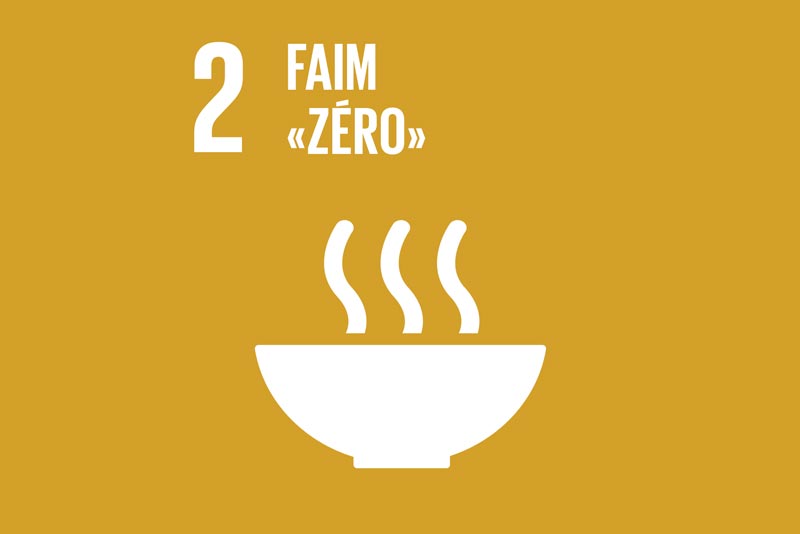Les Cahiers de l’Institut permettent aux membres de l'Institut EDS de publier des articles ou des rapports de recherche interdisciplinaires, ainsi que des notes de synthèse résultant d’une démarche scientifique de mise à l’essai d’un outil ou d’une pratique. Le contenu vulgarisé permet de rejoindre, en plus des chercheurs, des décideurs et le grand public.
Les membres désirant soumettre une communication aux Cahiers de l’Institut sont priés de consulter les consignes de rédaction et de communiquer avec l'équipe de l'Institut EDS.
Consulter les cahiers publiés
Filtrer par:
Quand l’eau irrigue à nouveau la ville : Analyse des stratégies territoriales et des projets de renaturation des petites rivières urbaines au Québec
Auteur(s)
Transportation in the melting Artic : contrasting views of shipping and railway development
Auteur(s)
Université Laval’s competence-based approach to identifying sustainable development courses and programs
Auteur(s)
Representations and reasons underlying the actions of former policy makers on climate change
Auteur(s)
Représentations et raisons d’action d’anciens responsables politiques concernant les changements climatiques
Auteur(s)
Perceptions et stratégies de l’industrie maritime de vrac relativement à l’ouverture des passages arctiques
Auteur(s)
Processus d'évaluation du cadre économique d'une tourbière dans un contexte de projets de développement
Auteur(s)
Mycotourisme: pratique touristique pour un développement socio-économique durable et viable en régions forestières
Auteur(s)
Un circuit court alimentaire, économique et solidaire : le cas du Marché de proximité de Québec
Auteur(s)
Commentaire de l'objectif 2 des Objectifs de développement durable : Éliminer la faim, assurer la sécurité alimentaire, améliorer la nutrition et promouvoir l'agriculture durable





